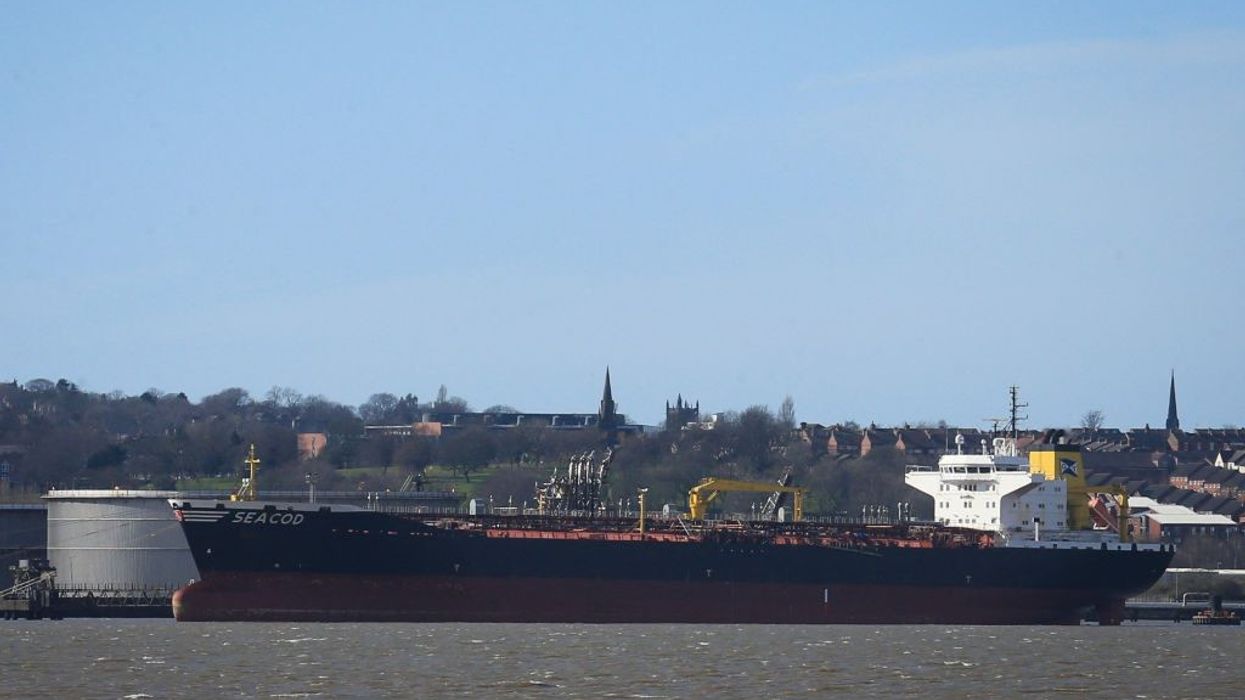BRITAIN’S import of Russian energy faced resistance from workers who refused to unload oil shipped from the Eurasian country.
A German cargo ship - Seacod - with oil from Primorsk in Russia - was moored in Liverpool from where Stanlow Refinery, operated by Essar Oil gets its supply.
Last week, the UK banned from its ports all ships owned or operated by Russian entities after Moscow’s military operations in Ukraine, but the order exempted Russian cargoes.

Essar, owned by India’s Ruia brothers, said the German-flagged vessel was approved to berth at Tranmere Oil Terminal by the Port Authority.
It said the ship set sail for Tranmere on 22 February, “before the invasion of Ukraine and the subsequent introduction of UK government sanctions”.
“Essar will continue to comply fully and will respond promptly to any changes the UK government may make to the statutory framework of sanctions”, the company said in a statement.
Also Read | Russia announces humanitarian corridors in Ukraine
However, the trade union Unite said it had informed Essar that its members would "under no circumstances" unload any Russian oil regardless of the nationality of the vessel which delivers it.
Supplies of Russian liquefied natural gas (LNG) to Europe were disrupted last week by uncertainty over whether ships could discharge cargoes at European ports after the imposition of sanctions on Russia.
British union Unison complained that its members working at the Isle of Grain LNG terminal did not want to accept Russian gas and called for tougher measures from the government.
Refinitiv Eikon shipping data on Friday (4) showed that in addition to the Seacod, the Pearl LNG was moored at the Dragon LNG terminal in Wales.
Analysis from data intelligence firm ICIS showed that Pearl LNG had picked up a cargo of Russian LNG via a ship-to-ship transfer with the Yamal LNG-operated vessel Christophe de Margerie in France in mid-February.
A spokesperson for the Seacod's manager, German Tanker Shipping, confirmed the vessel was discharging a Russian cargo in Liverpool.
"Because of our high dependency in Europe on Russian energy exports, these exports are excluded from the sanctions against Russia," the spokesperson said.
Unison head of energy Matt Lay said the workers' intervention appeared to have succeeded in turning the ships away but the British shipping sanctions would be a "hollow gesture" if the UK did not also ban Russian cargoes.




